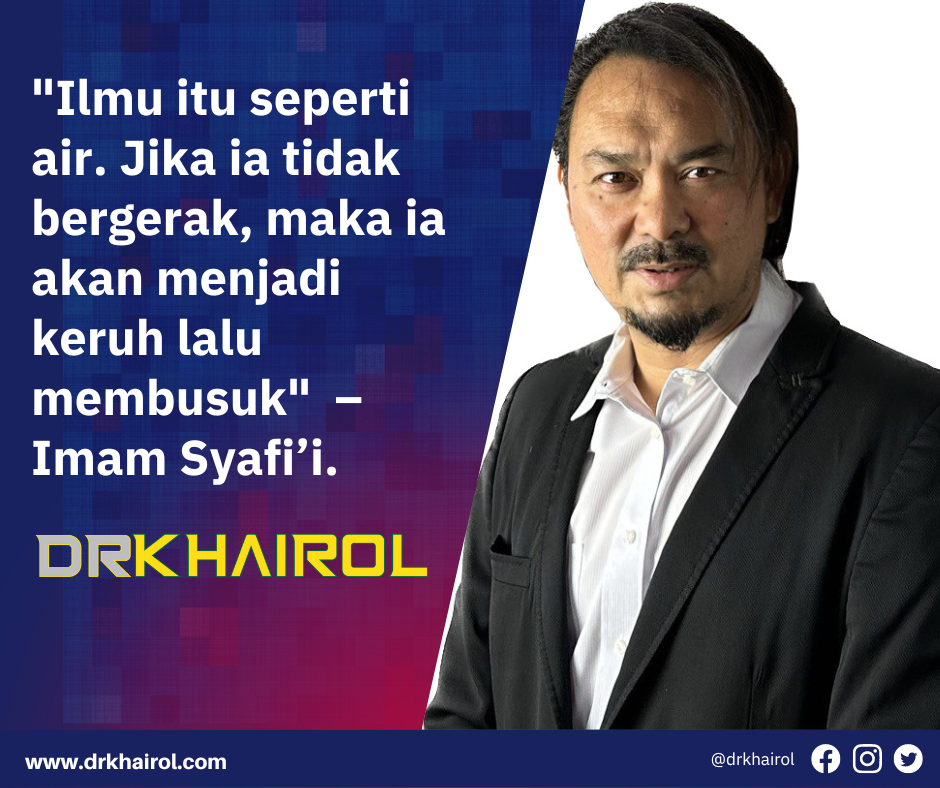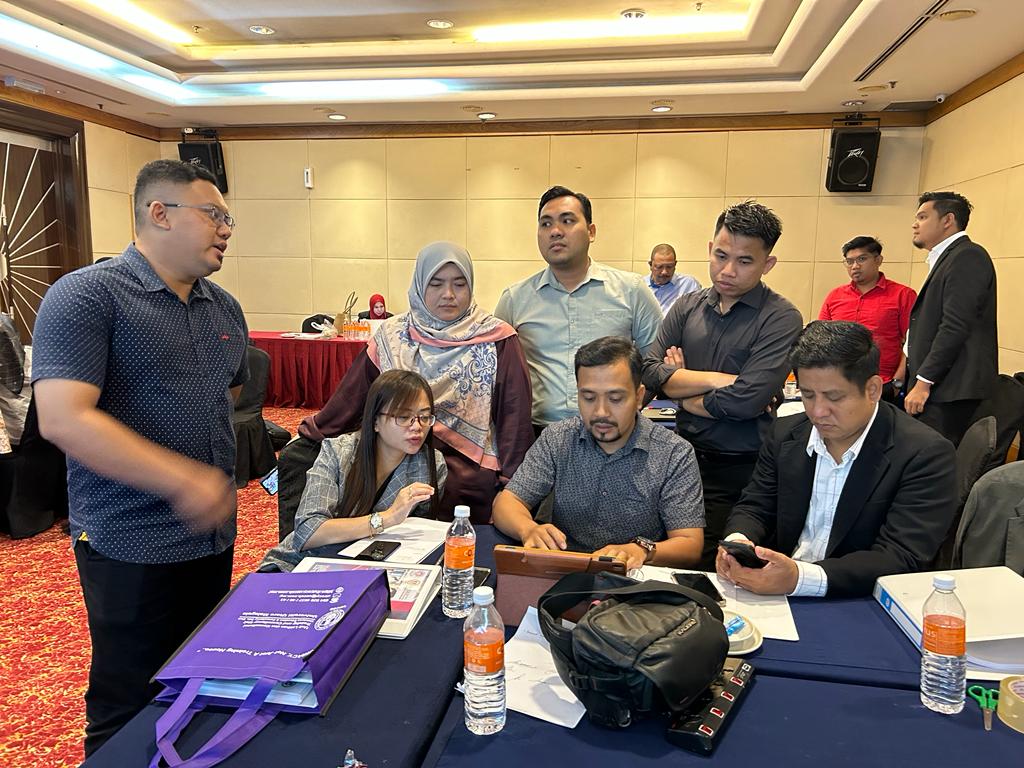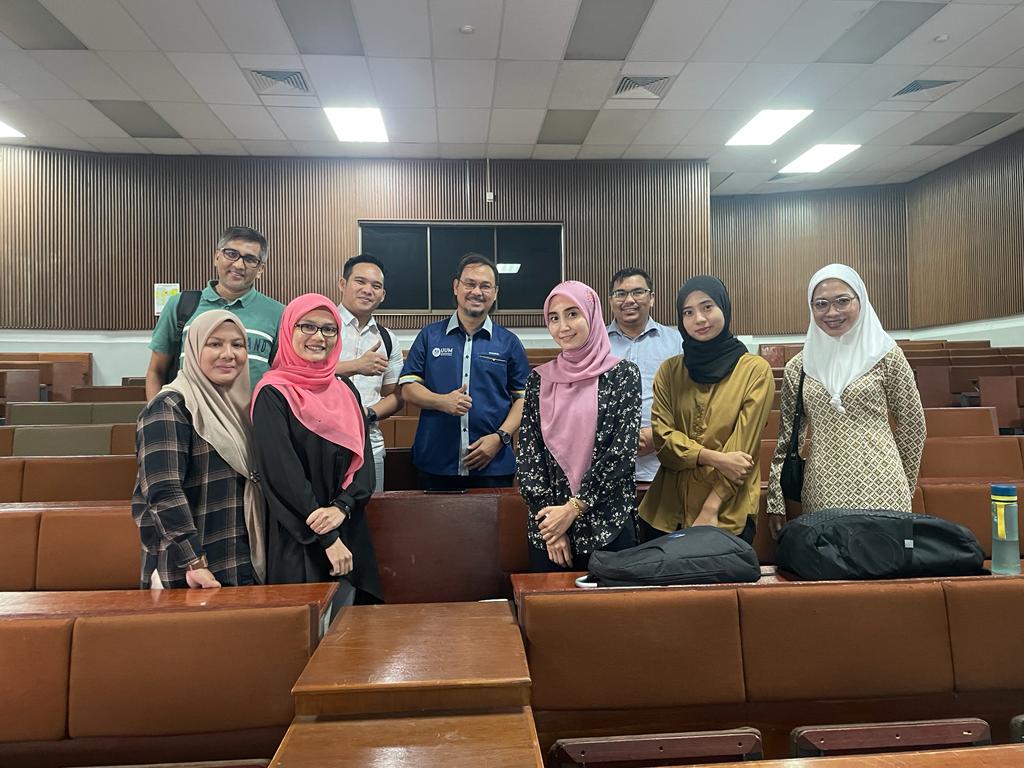Teaching and learning are dynamic, evolving processes that require adaptability, empathy, and a commitment to fostering a deep understanding of both content and context. In my teaching and learning philosophy, I emphasize the importance of creating an environment where learners feel encouraged to explore, question, and engage actively with the material. I see education as a collaborative process where both the teacher and the students are co-creators of knowledge. This philosophy is built upon four core principles: student-centered learning, active engagement, critical thinking, and lifelong learning.

Student-Centered Learning
At the heart of my philosophy is the belief that teaching should be student-centered. Each student comes with unique experiences, learning styles, and backgrounds. Therefore, the role of the teacher is not merely to impart knowledge but to facilitate learning in a way that meets the individual needs of each student. This can be achieved by offering a variety of teaching methods, such as lectures, discussions, problem-solving activities, and group work. By tailoring the learning experience, I aim to create an inclusive environment where all students feel valued, respected, and empowered to take ownership of their learning.
A key component of student-centered learning is active participation. Students are not passive recipients of information; they are active participants in the learning process. Encouraging them to ask questions, engage in discussions, and collaborate with their peers helps to foster a deeper understanding of the subject matter. This approach not only enhances retention of information but also builds confidence and critical thinking skills.
Active Engagement
I believe that learning is most effective when it is active rather than passive. My teaching strategies focus on engaging students in activities that promote deep thinking and problem solving. This can include case studies, simulations, and project-based learning, where students are encouraged to apply theoretical concepts to real-world scenarios. Such methods not only make learning more interesting and relevant but also help students develop practical skills that will serve them in their future careers.
One of the most powerful ways to engage students is through collaborative learning. Group activities and peer-to-peer discussions allow students to learn from one another, share diverse perspectives, and build interpersonal skills. In these settings, the teacher acts as a facilitator, guiding discussions and providing feedback, rather than simply delivering content. This encourages students to take responsibility for their own learning and helps them to develop as independent thinkers.

Critical Thinking
In today's rapidly changing world, the ability to think critically is more important than ever. My teaching philosophy emphasizes the development of critical thinking skills. Rather than simply memorizing facts, students are encouraged to question assumptions, analyze information, and develop their own perspectives. This can be achieved by presenting open-ended problems, encouraging debate, and fostering an environment where different viewpoints are respected and explored.
By encouraging students to think critically, I aim to prepare them not only for academic success but for the challenges they will face in their personal and professional lives. Critical thinkers are better equipped to adapt to change, solve complex problems, and make informed decisions.

Lifelong Learning
Lastly, I view education as a process that extends beyond the classroom. One of the central goals of my teaching philosophy is to inspire a love of lifelong learning in my students. In a fast-paced, ever-changing world, the ability to continue learning throughout life is essential. By promoting curiosity, self-reflection, and a growth mindset, I hope to instill in my students the belief that learning does not stop once they leave the classroom. Instead, it is a continuous journey that enriches both personal and professional development.

Conclusion
In conclusion, my teaching and learning philosophy is built on the principles of student-centered learning, active engagement, critical thinking, and lifelong learning. I believe that by creating a supportive, inclusive environment where students are encouraged to take ownership of their learning, I can help them to develop the skills and mindset they need to succeed both in their academic pursuits and beyond. Through active engagement and critical thinking, students can become not just learners, but lifelong thinkers and problem solvers.
I believe that there is more than one way to learn. I act on this belief by focusing my classes around Kolb’s experiential learning cycle and through paying attention to students’ different approaches to learning. The courses I teach are focused on providing authentic, concrete experiences. Taking a course-long perspective to experiential learning, I see assignments in relation to each other; each developing skills that are further reinforced by the next task.





